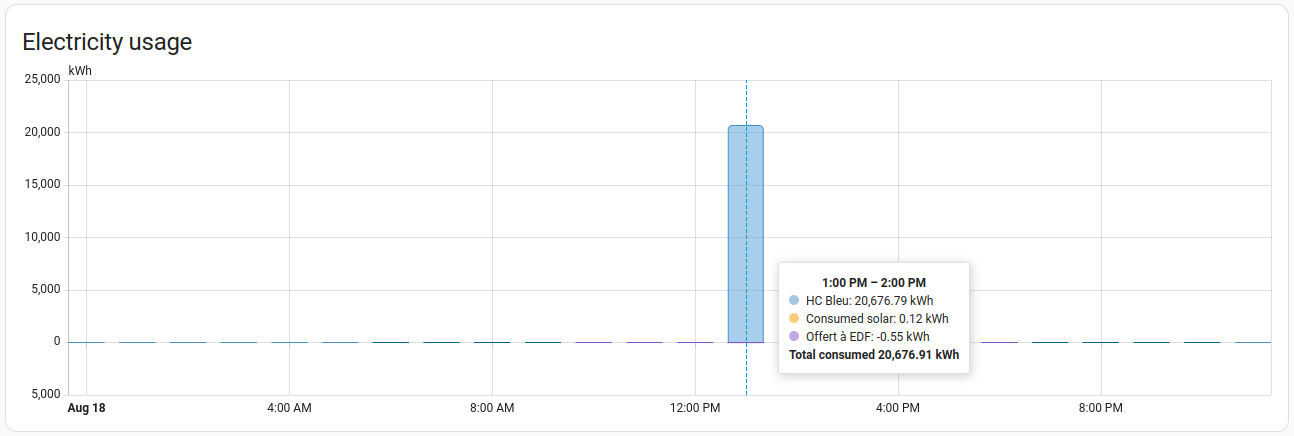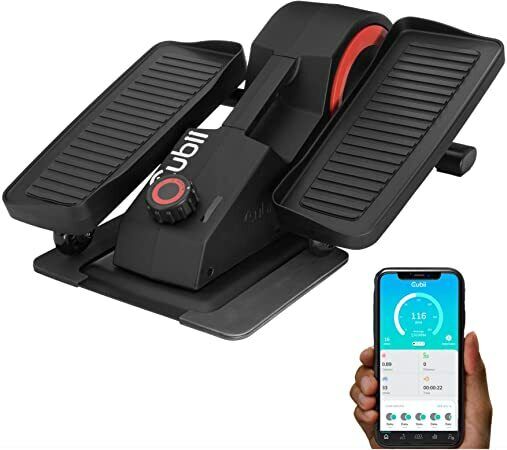I am currently working with BLE beacons -only iBeacons for now- with Espressif’s
esp-idf libraries. The aim is to use the ESP32 as a gateway to published
detected beacons to an MQTT broker. It was surprisingly easy and I will write
something about that when the
code will be more polished.
Anyway, by curiosity and to speed up development, I wanted to try microPython port to ESP32, and I did. Unfortunately, BLE support is not yet reliable enough and a lot of advertisements were lost with 4 to 6 beacons. This post is to keep track of my work and, hopefully, use in the future when microPython port will be more reliable :-)
microPython compilation
While compiling microPython was really straightforward, I had one issue
afterward: I was unable to use the MQTT library, neither by calling it mqtt or
umqtt, nor by putting it manually in flash. I did not investigate why but I
found that adding it to the “frozen” scripts worked.
The code used is from Pycom with Wipy 2.0 as target. I used this commit against this version of esp-idf.
- Clone both repositories, update esp-idf’s submodules
- Set PATH to xtensa compilation tools. Be careful to use only version 1.22.0-61 for the mentioned Pycom & esp-idf commits.
- Set
IDF_PATHto esp-idf directory - Change directory to
pycom-micropython-sigfox - run
cd mpy-cross && make clean && makecd ../ESP32/frozenwget https://raw.githubusercontent.com/micropython/micropython-lib/a09b3ec20a745cfd1bccb7bd9db513bfe36968db/umqtt.simple/umqtt/simple.pycd ..make BOARD=WIPY TARGET=bootmake BOARD=WIPY TARGET=appmake BOARD=WIPY flash
You can now connect to microPython REPL on your ESP32!
##Python BLE tracker Following is a quick and dirty code I used to test it. It does:
- Connect to WiFi
- Connect to MQTT server
- Scan for BLE advertisements
- Send one MQTT message by discovered device
from network import Bluetooth, WLAN
from mqtt import MQTTClient
from binascii import hexlify
import machine
import time
import ujson
def hexlifyNone(object):
return None if object is None else hexlify(object)
def scan():
devices = {}
print("*** Starting ***")
bt = Bluetooth()
print("Scan...", end="")
bt.start_scan(10)
time.sleep(10)
print("OK")
advs = bt.get_advertisements()
print(advs)
for adv in advs:
devices[hexlify(adv.mac)] = {
"Mac": hexlify(adv.mac),
"Rssi": adv.rssi,
"Data": hexlifyNone(adv.data),
"MfrData": hexlifyNone(
bt.resolve_adv_data(adv.data, Bluetooth.ADV_MANUFACTURER_DATA)
),
"NameShort": hexlifyNone(
bt.resolve_adv_data(adv.data, Bluetooth.ADV_NAME_SHORT)
),
"NameComplete": hexlifyNone(
bt.resolve_adv_data(adv.data, Bluetooth.ADV_NAME_CMPL)
),
"Flag": bt.resolve_adv_data(adv.data, Bluetooth.ADV_FLAG),
"Appearance": hexlifyNone(
bt.resolve_adv_data(adv.data, Bluetooth.ADV_APPEARANCE)
),
}
"""
print( 'MAC: {}\n\tRSSI: {}\n\tData: {}\n\tName: {}\n\tMfrData: {}'.format(
hexlify( adv.mac ),
adv.rssi,
hexlify( adv.data ),
bt.resolve_adv_data( adv.data, Bluetooth.ADV_NAME_SHORT ),
hexlify( bt.resolve_adv_data( adv.data, Bluetooth.ADV_MANUFACTURER_DATA ) )
)
)
"""
print("\n***********\nDevices: ", devices)
for key, data in devices.items():
print("\n***********\n", data)
msgJson = ujson.dumps(data)
client.publish(topic="/test", msg=msgJson)
print("*** End ***")
def sub_cb(topic, msg):
print(msg)
wlan = WLAN(mode=WLAN.STA)
wlan.connect("SSID name", auth=(WLAN.WPA2, "password"), timeout=5000)
while not wlan.isconnected():
machine.idle()
print("Connected to Wifi\n")
client = MQTTClient(
"device_id",
"MQTT broker address",
user="user if any",
password="password if any",
port=1883,
ssl=True,
)
client.set_callback(sub_cb)
client.connect()
client.subscribe(topic="/test")
client.publish(topic="/test", msg="Started")
scan()


Share this post
Twitter
Google+
Facebook
Reddit
LinkedIn
StumbleUpon
Pinterest
Email